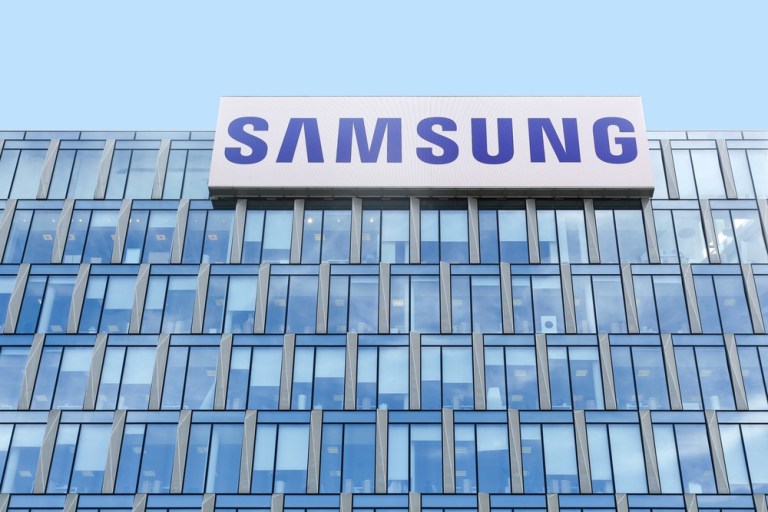Soon Say Hello To Samsung’s ‘Bixby’ Speaker

To Bixby or not to Bixby, that is the question – and long after Amazon and Google released their voice-activated assistants and synchronized smart speakers, after Apple announced its upcoming HomePod and Microsoft the forthcoming Invoke, after even Alibaba has revealed its own smart speaker for Chinese-speaking people, Samsung customers are still waiting for an answer.
The Wall Street Journal reported July 4 that the South Korean tech giant is working on a voice-activated speaker featuring its digital assistant Bixby.
However, following the delay of the English-language version of Bixby, and in the wake of previous efforts by the company to get its own smart speaker to market, there’s no saying when (or even if) the current Vega speaker project will come to fruition.
Vega has been in the works for more than a year. Samsung’s last attempt at a smart speaker, 2015’s Hive, was shelved because of software issues, in particular, issues with voice recognition. That’s kind of a key function for a so-called smart speaker.
Samsung only just released its first product to feature the Bixby assistant – the Galaxy S8, released April 21 – and English-language functionality probably won’t be available until later this month, though it was originally slated for spring.
For the creators of smart speakers, the race is not to the bottom line, but rather to the next product that can be intelligently controlled, from living room lights to traffic lights, and the way to get there is through machine learning: As the software makes mistakes, it gets smarter, eventually priming it for new applications at the frontier of artificial intelligence.
That’ll put Bixby at a distinct disadvantage next to Alexa and the Google Assistant, whenever Samsung gets the English-language version ready. Not to mention, 70 percent of the U.S. market for voice-activated speakers is already using Alexa, and 24 percent has Google Home. To beat those odds, Bixby will really have to impress.